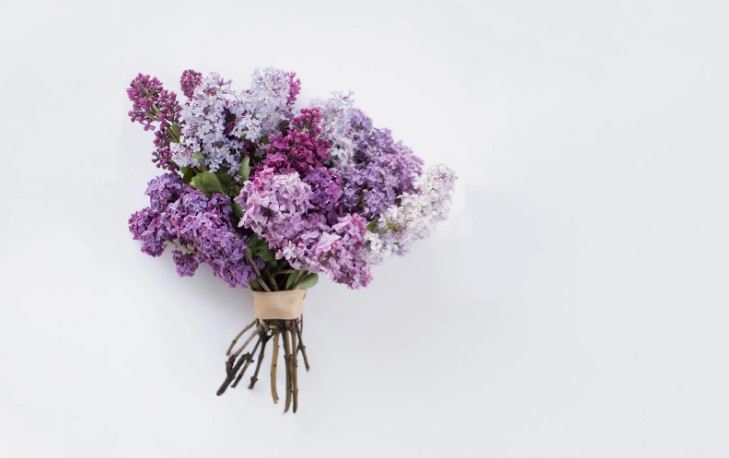Welcome to my corner of the literary world! I’m Gabrielle Mathieu, an author whose passion for storytelling weaves together elements of adventure, human emotions, and untold histories. Currently residing in beautiful Switzerland, I am inspired by the serene landscapes, rich culture, and quiet moments that shape my writing. Alongside my literary journey, I share my life with a wonderful husband who shares my love for literature and a pit-bull mix who keeps me grounded with her playful energy.
My life and experiences are the backbone of my storytelling. Through my work, I aim to create stories that resonate on a personal level, offering readers both escapism and reflection.
Author Background
From the moment I picked up my first book, I knew that storytelling was not just a passion—it was my calling. I’ve spent most of my life immersed in words, crafting stories that reflect the complexities of human nature and the world around us. My professional journey as an author began in my early twenties when I realized that the stories swirling in my mind needed to be shared with the world. Since then, I’ve been on a path of both personal growth and literary discovery, striving to create narratives that are as captivating as they are meaningful.
My writing style is deeply character-driven, focusing on the inner emotional landscapes of those I write about. I believe in creating rich, layered characters whose struggles, dreams, and aspirations feel real and relatable. I’m often drawn to explore themes of identity, love, and resilience—how individuals cope with challenges, grow from them, and ultimately transform their lives. My stories are not just about the events that unfold but about the deep emotional truths that lie beneath the surface.
Throughout my writing career, I’ve found inspiration in the works of writers like Isabel Allende, Virginia Woolf, and Jhumpa Lahiri. Their ability to blend vivid settings with nuanced characters and complex emotional arcs has profoundly influenced my approach to storytelling. Whether through the rich historical tapestries they weave or the intimate portraits of their characters, their work has shown me how to craft narratives that engage the heart and mind simultaneously.
Over the years, I’ve published a variety of works across multiple genres, each one reflecting my desire to explore new territories of storytelling. Some of my most notable works include:
- Book Title 1 – A historical fiction novel that delves into the lives of two women from different worlds whose paths unexpectedly cross, forever altering their destinies.
- Book Title 2 – A contemporary novel exploring the intersection of family, secrets, and the power of forgiveness, set in a small coastal town.
- Book Title 3 – A gripping, character-driven suspense story that takes readers on a journey through a war-torn landscape, examining the impact of trauma and the resilience of the human spirit.
Each of these books has been a labor of love, and I’m deeply grateful for the opportunity to share them with readers around the world. It’s been incredibly rewarding to see my stories resonate with so many people, and I continue to be motivated by the idea that literature has the power to inspire, challenge, and connect us all.
Writing Philosophy
At the heart of my writing is a deep belief in the power of stories to heal, inspire, and provoke thought. I approach every book with the intent to explore the human experience in all its beauty and complexity. Whether it’s love, loss, courage, or personal growth, I aim to create narratives that resonate with the reader long after the last page is turned.
The themes I often explore include identity, belonging, and transformation. I am inspired by my own experiences, history, and the diverse people I meet along the way. It’s my belief that the best stories are those that challenge us, make us think, and ultimately help us understand the world just a little bit better.
Current Projects
Currently, I am working on Book Title 3, a gripping tale of suspense and resilience. Set against the backdrop of a war-torn country, this novel explores the impact of trauma and the strength it takes to rebuild one’s life. It’s a project that is particularly close to my heart, and I can’t wait to share it with readers.
In addition to Book Title 3, I am also in the early stages of a new series that combines elements of magical realism with contemporary fiction. Stay tuned for updates, as I will be sharing sneak peeks and excerpts with my readers on my newsletter!
Stay Connected
Thank you for taking the time to learn more about me and my writing. I’d love for you to join me on this literary journey. Feel free to explore my books and discover the worlds I’ve created. If you’re interested in receiving updates on new releases, behind-the-scenes stories, and more, be sure to sign up for my newsletter.




